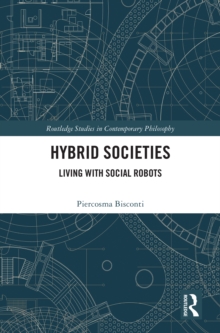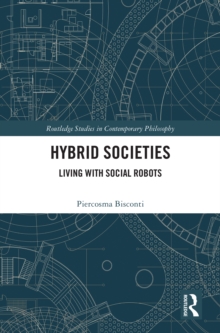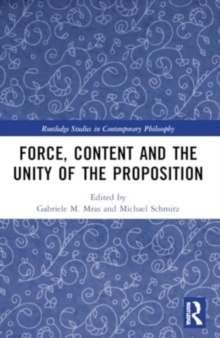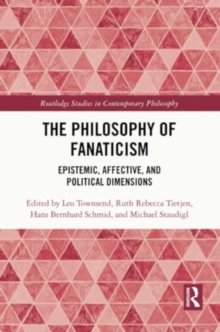
Perception and the Inhuman Gaze : Perspectives from Philosophy, Phenomenology, and the Sciences PDF
Edited by Anya Daly, Fred Cummins, James Jardine, Dermot Moran
Part of the Routledge Studies in Contemporary Philosophy series
Description
The diverse essays in this volume speak to the relevance of phenomenological and psychological questioning regarding perceptions of the human.
This designation, human, can be used beyond the mere identification of a species to underwrite exclusion, denigration, dehumanization and demonization, and to set up a pervasive opposition in Othering all deemed inhuman, nonhuman, or posthuman.
As alerted to by Merleau-Ponty, one crucial key for a deeper understanding of these issues is consideration of the nature and scope of perception.
Perception defines the world of the perceiver, and perceptual capacities are constituted in engagement with the world – there is co-determination.
Moreover, the distinct phenomenology of perception in the spectatorial mode in contrast to the reciprocal mode, deepens the intersubjective and ethical dimensions of such investigations. Questions motivating the essays include: Can objectification and an inhuman gaze serve positive ends?
If so, under what constraints and conditions? How is an inhuman gaze achieved and at what cost? How might the emerging insights of the role of perception into our interdependencies and essential sociality from various domains challenge not only theoretical frameworks, but also the practices and institutions of science, medicine, psychiatry and justice?
What can we learn from atypical social cognition, psychopathology and animal cognition?
Could distortions within the gazer’s emotional responsiveness and habituated aspects of social interaction play a role in the emergence of an inhuman gaze?
Perception and the Inhuman Gaze will interest scholars and advanced students working in phenomenology, philosophy of mind, psychology, psychiatry, sociology and social cognition.
Information
-
Download - Immediately Available
- Format:PDF
- Pages:360 pages, 3 Tables, black and white; 2 Line drawings, black and white; 7 Halftones, black and white
- Publisher:Taylor & Francis Ltd
- Publication Date:03/06/2020
- Category:
- ISBN:9781000073645
Information
-
Download - Immediately Available
- Format:PDF
- Pages:360 pages, 3 Tables, black and white; 2 Line drawings, black and white; 7 Halftones, black and white
- Publisher:Taylor & Francis Ltd
- Publication Date:03/06/2020
- Category:
- ISBN:9781000073645










